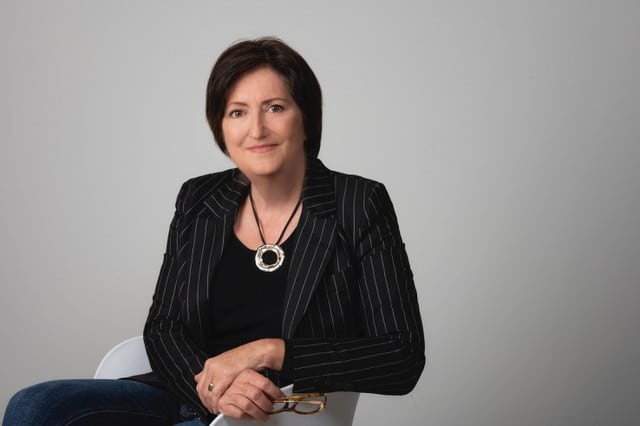
By Tracy Lauersen
26 March 2022
Our country has been on a long road towards recognising violence against women and other vulnerable people, and has started to take steps to prevent violence and support those affected by it. Violence can affect men too, but studies repeatedly show that women are significantly more likely to be victims of violence. They are also the ones who experience more extreme forms of violence, including in their own homes at the hands of a current or former intimate partner. With an election coming, this is what I’ll be asking of party platforms, as Australia seeks to progress towards its goal of ending violence against women.
Firstly, is there continuity of action? We have a new draft National Plan to End Violence against Women and Children 2022-2032 to replace the existing National Plan to Reduce Violence against Women and their Children 2010-2022 due to end in mid-2022. Will each of the parties support the plan and commit to both finalising and fully funding it? Will they go back and respond adequately to the many submissions they received, including those from faith communities? Will they find ways to progress by putting some real figures around what they are hoping we can achieve?
Read more: Ask what your candidates will do for the vulnerable: Anglicare Victoria
Secondly, is there commitment to do the real work that is required to achieve genuine, meaningful equality for women? Inequality is a powerful driver of what ends up for many as violence. Inequality goes to the heart of so many of the problems we experience as a nation. Women hold up half the sky of this continent, they graduate from university in roughly equal numbers to our men and they graduate with higher degrees in even greater numbers, yet they are the “bottom feeders”, the “crumb maidens” in industry after industry. Politics, medicine, education, law, religion, and on it goes. We see a token few women at the top to give an impression of equality that is not experienced in any substantial way by most. And we see few token changes at the top that don’t result in any meaningful change for organisations as a whole. We cannot thrive as a nation unless we address this inequality.
We cannot end violence until we end the discrimination against our women. Our young women, our working women, our older women, our indigenous women, our culturally diverse women. So, I want to elect a government in which the men are willing to make space and give equal opportunity and influence to women.
Read more: Women’s voices vital to address family violence in the church
So far, we’ve had rhetoric around this, but rhetoric alone is unconvincing. We need to see some action. That political parties shy away from putting a number on their goals for “equal” representation of women even in their own parties, cuts against their strategy for almost everything else they commit to. Voters want to see change and it should start in those groups that aspire to lead our nation. Will parties and politicians honestly examine their own assumptions and attitudes? Show us the political party that honours the talent and merit of its women candidates and we will see their real vision for an equal society. And from that equality will flow a thriving, a flourishing, a respect – a society that prevents violence against its women and others.
Finally, I would like to see parties work harder to address the intersectional violence experienced by some women and other vulnerable people. For women who experience violence this can be not only because of their gender, but also because their gender intersects with other factors in their life such as their ethnicity, Indigeneity, immigration status, disability or their faith. These other factors can magnify and change the nature of the violence they experience.
Read more: Half of Anglican women suffer domestic violence: national study
Thinking of the women for whom violence intersects with the context of their faith, the government’s draft national plan mentioned above contains just one brief reference to faith communities. This reference was to say that male faith leaders could be “champions of change,” along with male leaders in the police, medical and other fields. Yes, they can. Faith leaders – both male and female – can be positive influences upon those in their faith community. But our governments can and should go further with their plan.
If our nation is to prevent family and intimate partner violence, contexts such as faith communities, along with Indigenous, immigrant and other communities, need to be seen as more critical places. This means supporting primary, secondary and tertiary prevention and response strategies in these contexts. The draft plan acknowledges such communities are important and influential places for change to occur. Therefore, as political parties explain their policy platforms for our coming election, as a person of faith, I’ll be looking for something that gives me hope that we aren’t predominantly sidelined from our country’s strategies to end violence. I’ll be looking for something that shows the government doesn’t think one-size-fits all when it comes to dealing with this pervasive problem.
The Reverend Tracy Lauersen is convenor of the Anglican Church of Australia’s Family Violence Working Group.







2 Responses